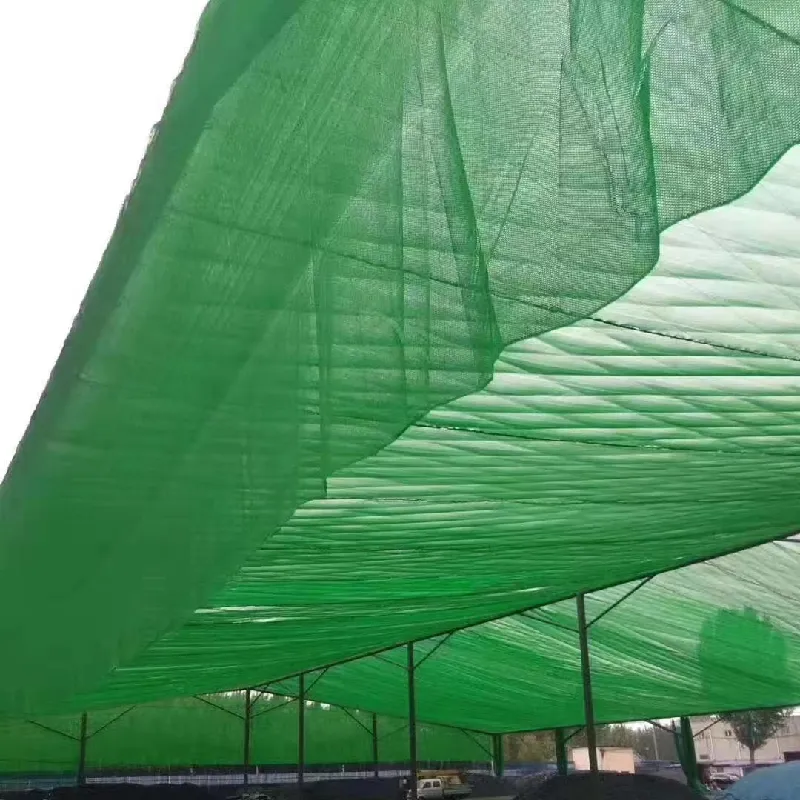-
 Afrikaans
Afrikaans -
 Albanian
Albanian -
 Amharic
Amharic -
 Arabic
Arabic -
 Armenian
Armenian -
 Azerbaijani
Azerbaijani -
 Basque
Basque -
 Belarusian
Belarusian -
 Bengali
Bengali -
 Bosnian
Bosnian -
 Bulgarian
Bulgarian -
 Catalan
Catalan -
 Cebuano
Cebuano -
 China
China -
 Corsican
Corsican -
 Croatian
Croatian -
 Czech
Czech -
 Danish
Danish -
 Dutch
Dutch -
 English
English -
 Esperanto
Esperanto -
 Estonian
Estonian -
 Finnish
Finnish -
 French
French -
 Frisian
Frisian -
 Galician
Galician -
 Georgian
Georgian -
 German
German -
 Greek
Greek -
 Gujarati
Gujarati -
 Haitian Creole
Haitian Creole -
 hausa
hausa -
 hawaiian
hawaiian -
 Hebrew
Hebrew -
 Hindi
Hindi -
 Miao
Miao -
 Hungarian
Hungarian -
 Icelandic
Icelandic -
 igbo
igbo -
 Indonesian
Indonesian -
 irish
irish -
 Italian
Italian -
 Japanese
Japanese -
 Javanese
Javanese -
 Kannada
Kannada -
 kazakh
kazakh -
 Khmer
Khmer -
 Rwandese
Rwandese -
 Korean
Korean -
 Kurdish
Kurdish -
 Kyrgyz
Kyrgyz -
 Lao
Lao -
 Latin
Latin -
 Latvian
Latvian -
 Lithuanian
Lithuanian -
 Luxembourgish
Luxembourgish -
 Macedonian
Macedonian -
 Malgashi
Malgashi -
 Malay
Malay -
 Malayalam
Malayalam -
 Maltese
Maltese -
 Maori
Maori -
 Marathi
Marathi -
 Mongolian
Mongolian -
 Myanmar
Myanmar -
 Nepali
Nepali -
 Norwegian
Norwegian -
 Norwegian
Norwegian -
 Occitan
Occitan -
 Pashto
Pashto -
 Persian
Persian -
 Polish
Polish -
 Portuguese
Portuguese -
 Punjabi
Punjabi -
 Romanian
Romanian -
 Russian
Russian -
 Samoan
Samoan -
 Scottish Gaelic
Scottish Gaelic -
 Serbian
Serbian -
 Sesotho
Sesotho -
 Shona
Shona -
 Sindhi
Sindhi -
 Sinhala
Sinhala -
 Slovak
Slovak -
 Slovenian
Slovenian -
 Somali
Somali -
 Spanish
Spanish -
 Sundanese
Sundanese -
 Swahili
Swahili -
 Swedish
Swedish -
 Tagalog
Tagalog -
 Tajik
Tajik -
 Tamil
Tamil -
 Tatar
Tatar -
 Telugu
Telugu -
 Thai
Thai -
 Turkish
Turkish -
 Turkmen
Turkmen -
 Ukrainian
Ukrainian -
 Urdu
Urdu -
 Uighur
Uighur -
 Uzbek
Uzbek -
 Vietnamese
Vietnamese -
 Welsh
Welsh -
 Bantu
Bantu -
 Yiddish
Yiddish -
 Yoruba
Yoruba -
 Zulu
Zulu
Exploring the Benefits of Nylon Nets in Agricultural Applications for Enhancing Crop Protection and Growth
The Role of Nylon Net in Modern Agriculture
Nylon net has become an invaluable asset in the agricultural sector, resembling a silent yet formidable ally in the quest for higher yields and sustainable farming practices. Its unique properties make it suitable for a variety of applications, ranging from crop protection to support structures, thus enhancing productivity and ensuring safer produce.
Understanding Nylon Net
Nylon is a synthetic polymer known for its durability, flexibility, and resistance to various environmental factors. When manufactured into netting, it retains these characteristics while providing additional benefits such as lightweight construction and ease of installation. Farmers and agricultural practitioners have begun to realize the multitude of its applications, transforming the agricultural landscape.
Crop Protection
One of the primary uses of nylon net in agriculture is for crop protection. Farmers often face threats from birds, insects, and other pests that can devastate crops. Nylon nets can effectively shield crops from these threats while allowing sunlight, air, and water to penetrate, maintaining the health of the plants. By using nylon netting, farmers can reduce the reliance on chemical pesticides, promoting a healthier ecosystem and producing cleaner food for consumers.
Support Structures
Nylon nets are also employed as support structures, particularly in the cultivation of climbing plants such as tomatoes, peas, and cucumbers. The strength and flexibility of nylon make it an ideal choice for trellises and other forms of plant support. This not only optimizes space and facilitates harvest but also enhances air circulation and sunlight exposure, leading to improved growth rates and yields.
nylon net for agriculture

Soil Erosion Control
Another critical application of nylon netting in agriculture is soil erosion control. Agricultural activities often lead to soil degradation, negatively impacting crop health and reducing productivity over time. By using nylon nets to stabilize soil and prevent erosion, farmers can maintain their soil quality and ensure sustainable farming practices. This is particularly relevant in areas prone to heavy rainfall or wind, where soil erosion can be a significant concern.
Sustainable Farming Practices
The use of nylon nets aligns well with the principles of sustainable agriculture. By reducing pesticide use and minimizing soil erosion, nylon nets contribute to responsible farming practices. Additionally, their durability and resistance to weather conditions mean they can be used repeatedly over several growing seasons, offering a cost-effective solution for farmers. The longevity of nylon netting minimizes the need for replacements, reducing waste and promoting a more sustainable approach to farming.
The Economic Benefits
Investing in nylon netting can lead to significant economic advantages for farmers. By enhancing crop protection, reducing losses from pests, and improving overall yield, farmers can expect better returns on their investments. Moreover, the initial costs of purchasing nylon netting can be offset by long-term savings due to reduced pesticide use and increased productivity.
Conclusion
In conclusion, nylon netting represents a versatile and effective solution in modern agriculture. Its applications in crop protection, support structures, soil erosion control, and sustainable farming practices make it a crucial tool for farmers seeking to improve their operations. As the agricultural sector continues to evolve, the adoption of innovative materials like nylon netting will play a pivotal role in shaping the future of farming, ensuring food security while preserving the environment. As farmers look for ways to maximize efficiency and sustainability, nylon netting stands out as a practical choice that marries function with eco-friendliness, proving its worth in the ever-challenging realm of agriculture.
-
Shipping Plastic Bags for Every NeedNewsJul.24,2025
-
Safety Netting: Your Shield in ConstructionNewsJul.24,2025
-
Plastic Mesh Netting for Everyday UseNewsJul.24,2025
-
Nylon Netting for Every UseNewsJul.24,2025
-
Mesh Breeder Box for Fish TanksNewsJul.24,2025
-
Expanded Steel Mesh Offers Durable VersatilityNewsJul.24,2025











